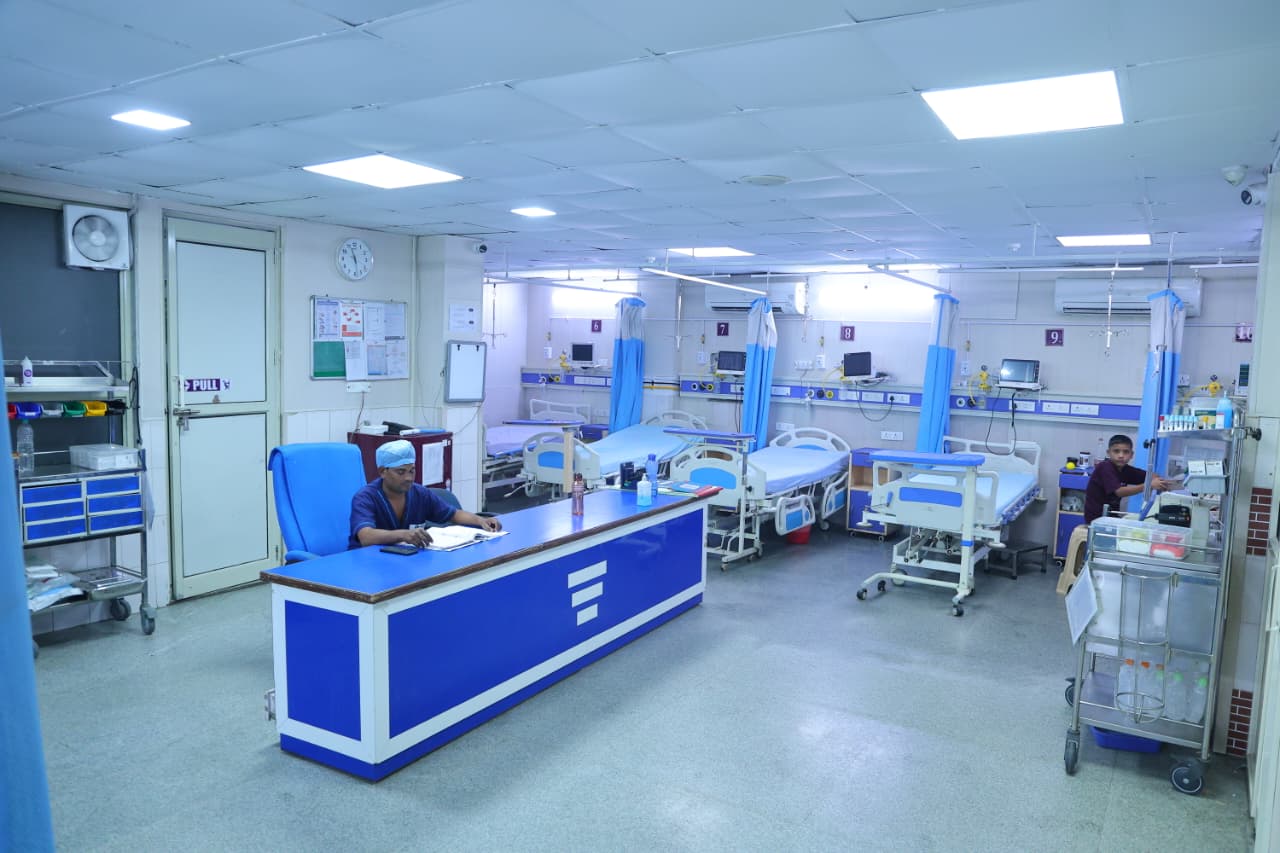
Hospitals are not just places for medical
treatment; they are sanctuaries where patients, families, and staff often spend
significant time. A sense of belonging within these walls can profoundly impact
the emotional well-being and overall recovery of patients while boosting morale
and collaboration among healthcare providers.
Here’s how hospitals can foster this essential
feeling of connection and community.
1.
Personalized Care
Patients feel valued when their individual
needs and preferences are acknowledged. From addressing them by name to
remembering small details about their lives, personalized care builds trust and
comfort. Hospitals can also implement tools like patient preference surveys to
ensure treatments align with personal values and cultural sensitivities.
2.
Welcoming Environment
A warm, inviting physical environment goes a
long way in creating a sense of belonging. Bright, airy spaces, soothing
colours, and comfortable furniture can make patients and visitors feel at ease.
Adding elements like family lounges, children’s play areas, and accessible
outdoor spaces can enhance the overall experience.
3.
Inclusive Communication
Effective communication is key to fostering
belonging. Hospitals can ensure clear, respectful, and empathetic conversations
between staff and patients. Multilingual staff, interpreters, and visual aids
can help overcome language barriers, making everyone feel included.
4. Family
Involvement
Encouraging family participation in care
decisions fosters a collaborative atmosphere. Providing flexible visiting
hours, private consultation rooms, and support groups for families helps them
feel engaged and valued as part of the patient’s journey.
5.
Empathetic Staff Training
Empathy is at the heart of belonging.
Hospitals can invest in regular training programs that teach staff how to
provide compassionate care and understand diverse perspectives. Recognizing and
celebrating the cultural diversity of patients and employees also promotes an
inclusive atmosphere.
6.
Community Engagement
Hospitals that actively engage with their
local communities foster a broader sense of belonging. Hosting health fairs,
wellness workshops, and support groups brings people together and reinforces
the hospital’s role as a trusted community partner.
7. Patient
Feedback and Participation
Providing channels for patients to share
feedback and suggestions empowers them and enhances their connection to the
hospital. Patient advisory councils or focus groups can offer insights into
improving care and fostering a sense of inclusion.
8.
Supportive Workplace Culture
For staff, belonging begins with a positive
workplace culture. Recognizing contributions, offering professional growth
opportunities, and creating safe spaces for open dialogue make employees feel
valued and motivated.
9.
Technology That Connects
Hospitals can leverage technology to bridge
gaps and create stronger connections. Patient portals, telemedicine platforms,
and mobile apps enable seamless communication and keep patients informed and
engaged in their care.
Conclusion
A sense of belonging in hospitals can transform healthcare experiences for everyone involved. By prioritizing personalized care, inclusive practices, and community engagement, hospitals can create a supportive environment where patients, families, and staff feel connected and cared for.
Recent Posts

Get Free
Consultations
Special Advisors









Future of Hospital Design in India